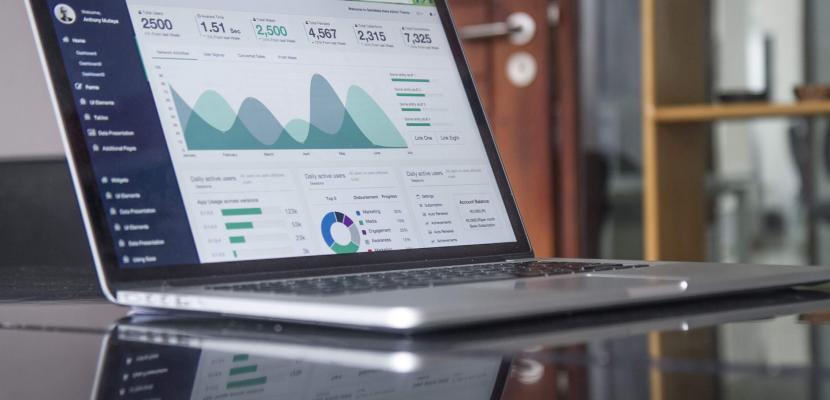
Development of buildings stock register – Project Zagreb Energy Efficient City

About this good practice
Part of the project development assistance (PDA) obtained from the Intelligent Energy Europe programme - Mobilising Local Energy Investment (MLEI PDA) was used to develop a buildings stock database (register). The database of buildings with included all information and data available from previously performed energy audits as well as from regular gathering of data on energy performance and consumption of buildings within the City of Zagreb.
A minimum functionality included the ability to sort and query information and data separately for each energy efficiency and RES measure. Querying capabilities included sorting of all EE/RES measures for which a certain payback period is desired and for which the sum of total investment is below a desired threshold.
After that all available information and data were entered into a common register. Next step was the organisation of data and definition of functional features of the register. The final task was to perform the analysis of data available within the common register and database and present results to all relevant stakeholders included in the investment decision process. This included performing initial analysis, presentations for stakeholders and implementing feedback regarding investment decisions.
Resources needed
Project team of three energy experts and approximately 100 000 EUR of internal staff cost.
Evidence of success
In total, a database was made with portfolio of 87 buildings with total heated area of 226.654 m2 and more than 500 EE/RES measures.
PDA for development of buildings register is the foundation of the planning process considering that it provides information about the size of the investment, expected energy savings and cost-effectiveness of each EE/RES measure. The register enables public authorities to have a better overview of their building stock and to make decisions on energy renovation.
Potential for learning or transfer
Potential for learning or transfer • Replicability of the buildings register is very high and it has been made available to general public on the project’s website;
• Development of buildings register should come before the application to PDA because the information about the size of the investment and expected energy savings are based on the buildings register;
• Constant updates of energy prices and equipment costs have to be done to reflect cost-effectiveness of potential EE/RES measures;
• Energy audits of public buildings should be done not because of legal requirements (which usually reflects their quality) but as a primary measure for better energy management of buildings and realization of its investment potentials;
• Revision of energy audits can only be made by an experienced and skilled team, preferably members of the project consortium.
Further information
Website
Good practice owner
You can contact the good practice owner below for more detailed information.
